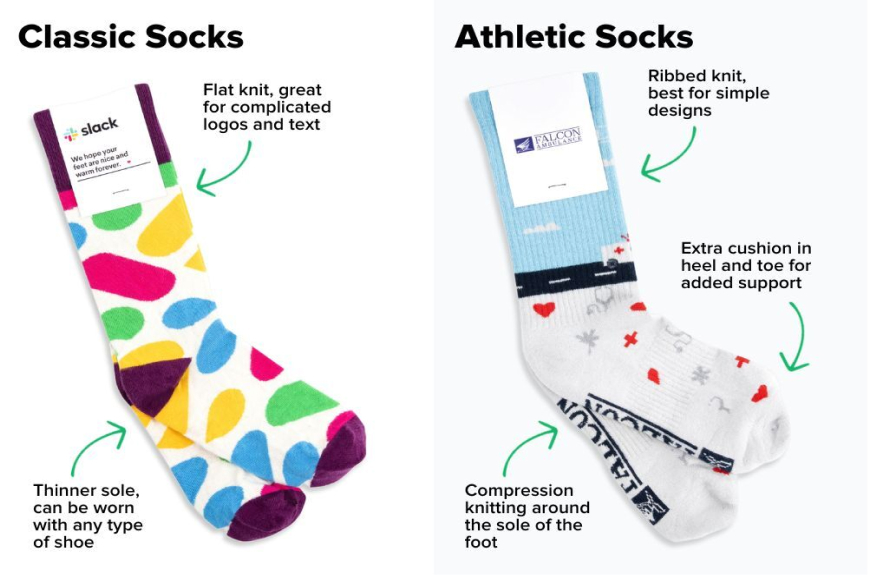As a new parent, you've probably found yourself pondering countless questions about your baby's sleep routine. One common question that often arises is whether babies should wear socks to bed. Let's explore this topic to help you make an informed decision for your little one's comfort and safety during bedtime.
The Case for Wearing Socks
During those first few months, babies have difficulty regulating their body temperature. Keeping their feet warm with appropriate baby socks can help maintain a comfortable body temperature throughout the night. Research has shown that warm feet can actually promote better sleep quality, as discussed in various pediatric studies about infant sleep patterns.
Temperature Considerations
When deciding whether to put socks on your baby for sleep, consider the room temperature. Experts suggest maintaining a nursery temperature between 68-72°F (20-22°C). If the room falls below this range, adding a lightweight pair of socks might be beneficial for your baby's comfort.
Safety First
While keeping your baby warm is important, safety should always be the primary concern. Ensure that socks fit properly and aren't too tight, as this could restrict circulation. Loose socks can also pose a safety hazard if they come off during sleep.
Seasonal Adjustments
Your decision might vary with the seasons. During winter months, socks might be essential for warmth, while in summer, going sock-free might be more appropriate for temperature regulation. Pay attention to your baby's cues and adjust accordingly.
Choosing the Right Socks
Not all baby socks are created equal. When shopping for nighttime socks for your little one, look for breathable materials that won't cause overheating. Cotton blends are often ideal, providing both comfort and adequate air circulation.
Wrapping Up
The decision to put socks on your baby for sleep ultimately depends on various factors including room temperature, season, and your baby's individual needs. Monitor your baby's comfort levels and adjust accordingly. Remember, what works for one baby might not work for another, so trust your parental instincts while keeping safety guidelines in mind.


